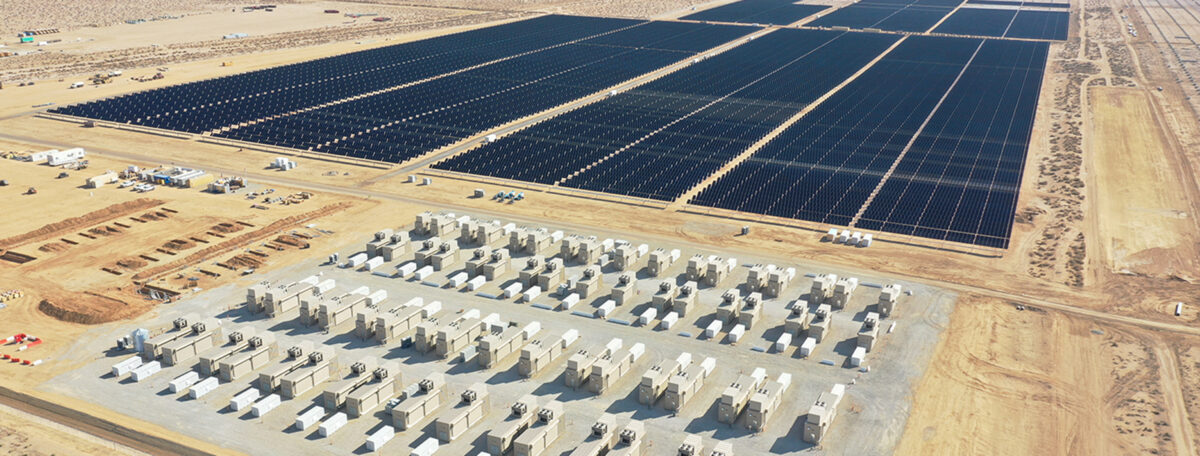And yet, somehow, the price of electricity will go up.
Electricity storage through batteries is not cheap though
No, it isn’t … although batteries are getting cheaper there are far cheaper ways. But they’re too practical, and the game’s still about big money-making while the political heat is growing.
It’s generally not the fuel for the plant that drives up your power bill. It’s things like paying to build, operate and maintain plants, transmission infrastructure, etc.
There are also other things inflation, like demand driven rate setting hikes that encourages people not to run appliances in the evening.
All in all, the primary goal of this plant is reducing carbon emissions.
Capitalism babeeeeee
This is cool, but 3 GWh in California seems like a grain of sand when CA is using 277,764 GWh.
What am I missing? If the largest solar storage project is only addressing 0.001% of the state’s power needs, how does this help CA get to its carbon neutrality goals quickly?
The storage capacity is sized for daily consumption, not the yearly figure you quoted. And of course, this is one small project out of the hundreds of plants that will be needed to meet climate goals.
The biggest issue with solar right now is that the output varies over the course of the day, leaving other power plants to take up the load at night or during cloudy weather. The attached battery storage averages out the solar plant’s output, letting it be a useful contributor to the grid around the clock. There’s other benefits like grid stabilization and peak shaving, where the battery stores and releases oversupply from the rest of the grid, not just the attached solar panels.
I don’t have other numbers handy, but that 3GWh number is storage capacity, which isn’t comparable to annual usage.





